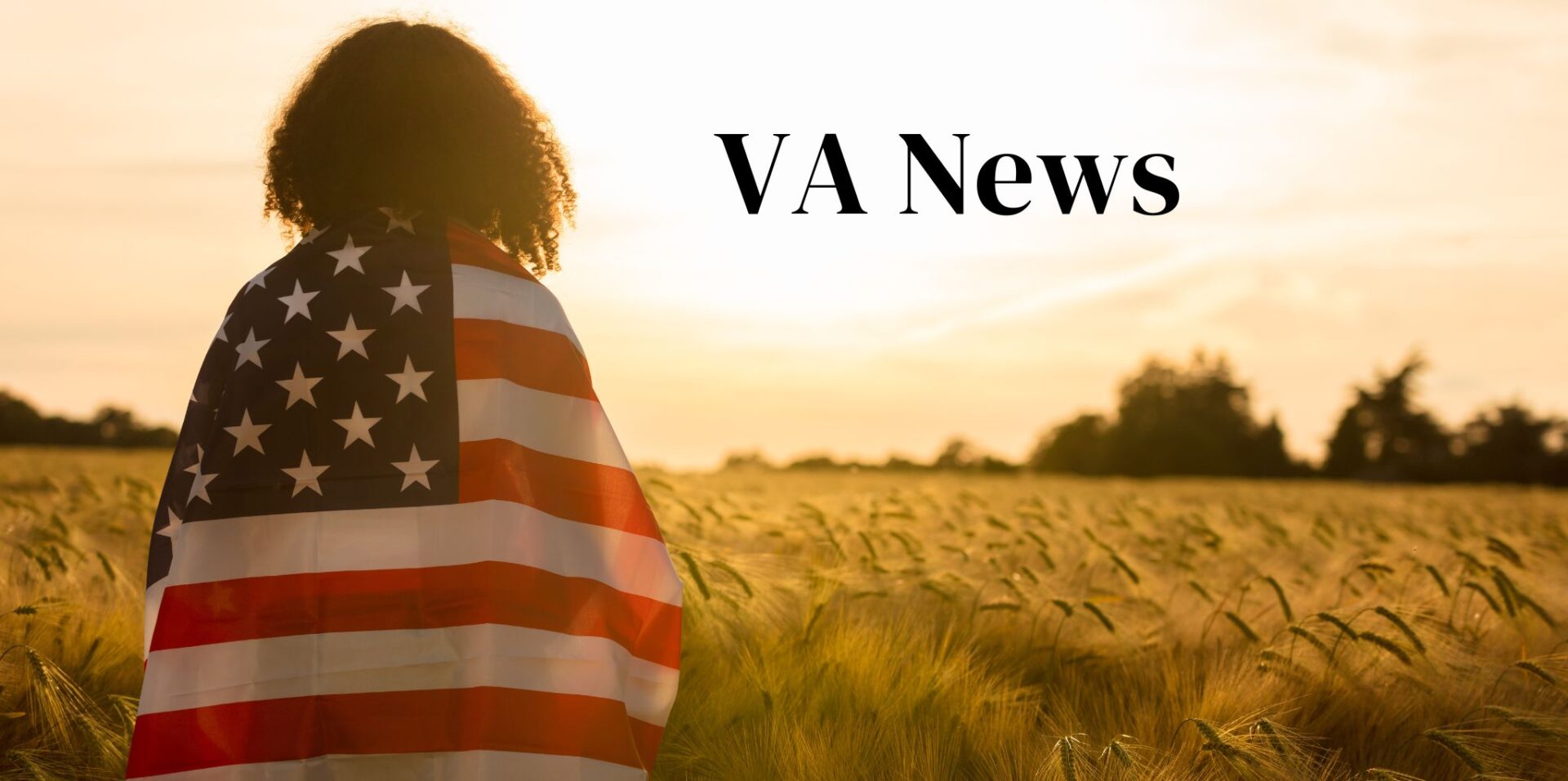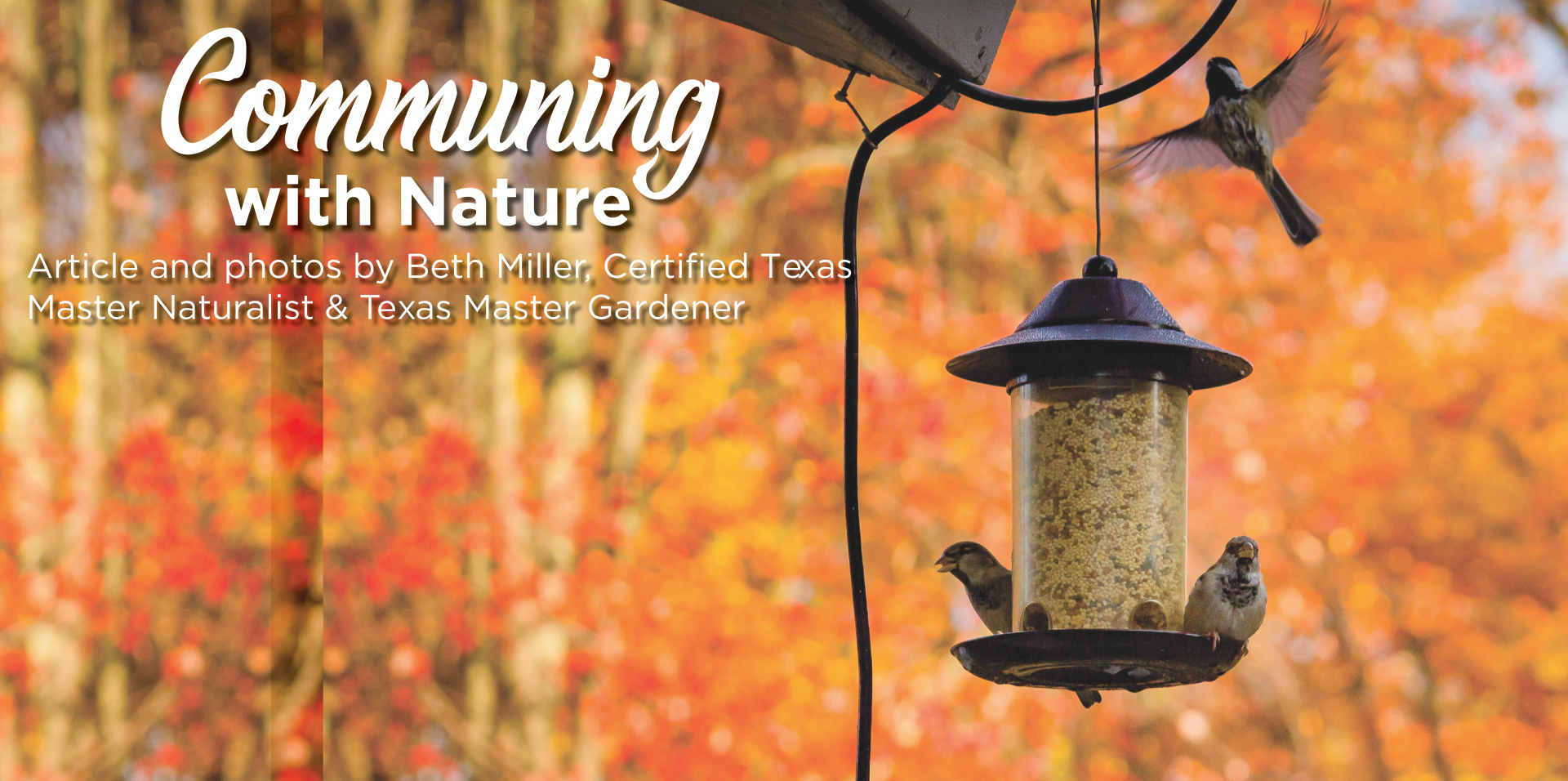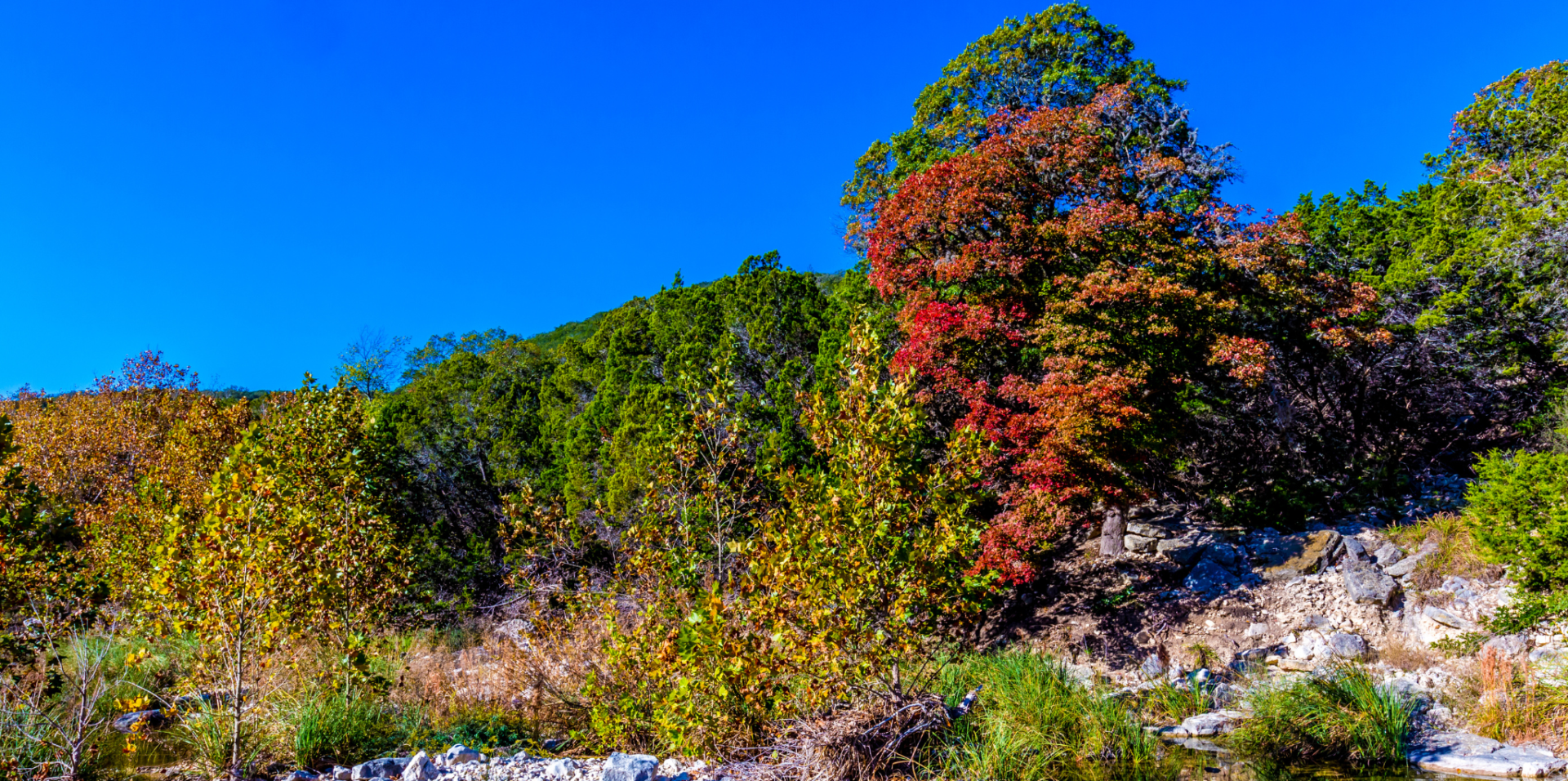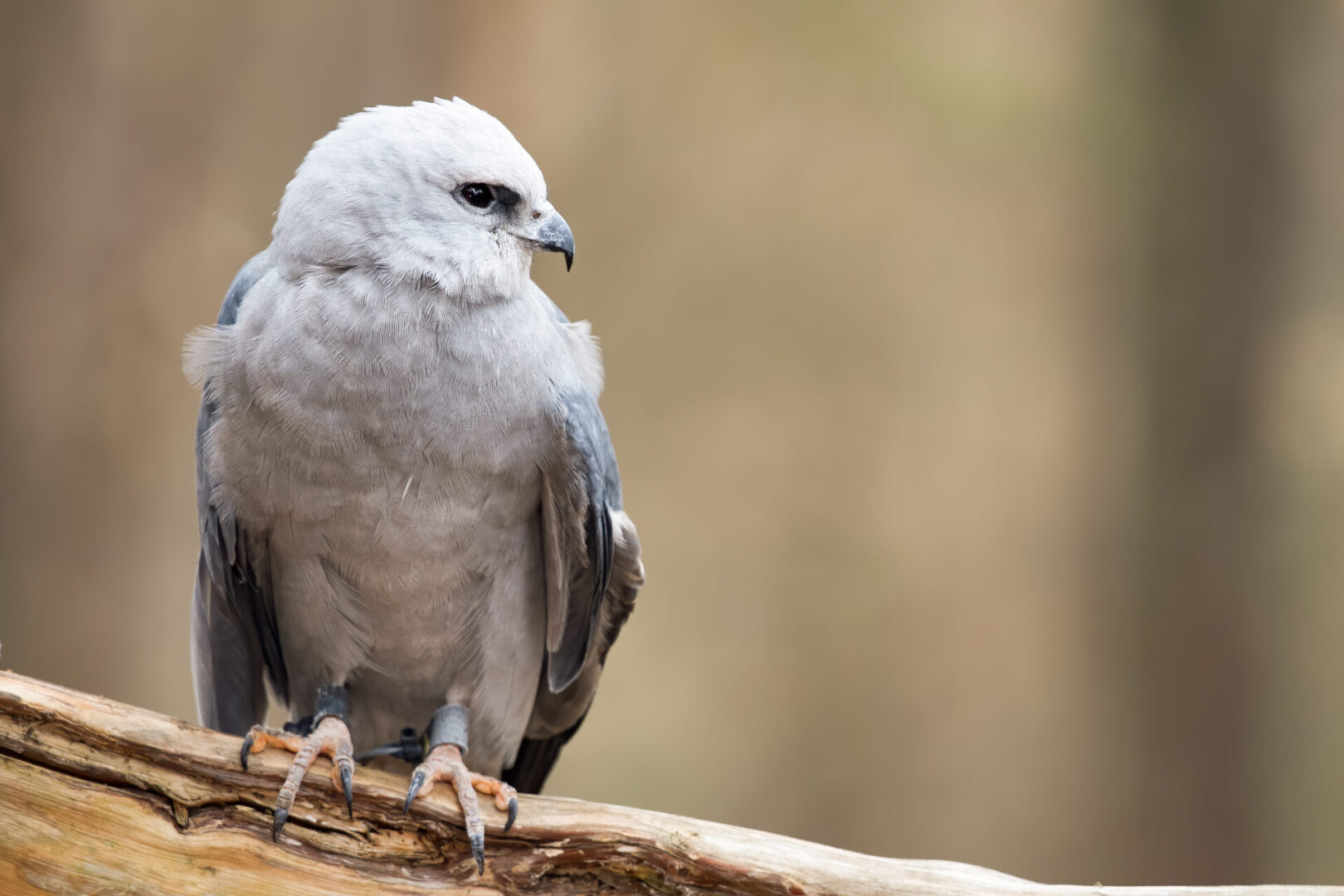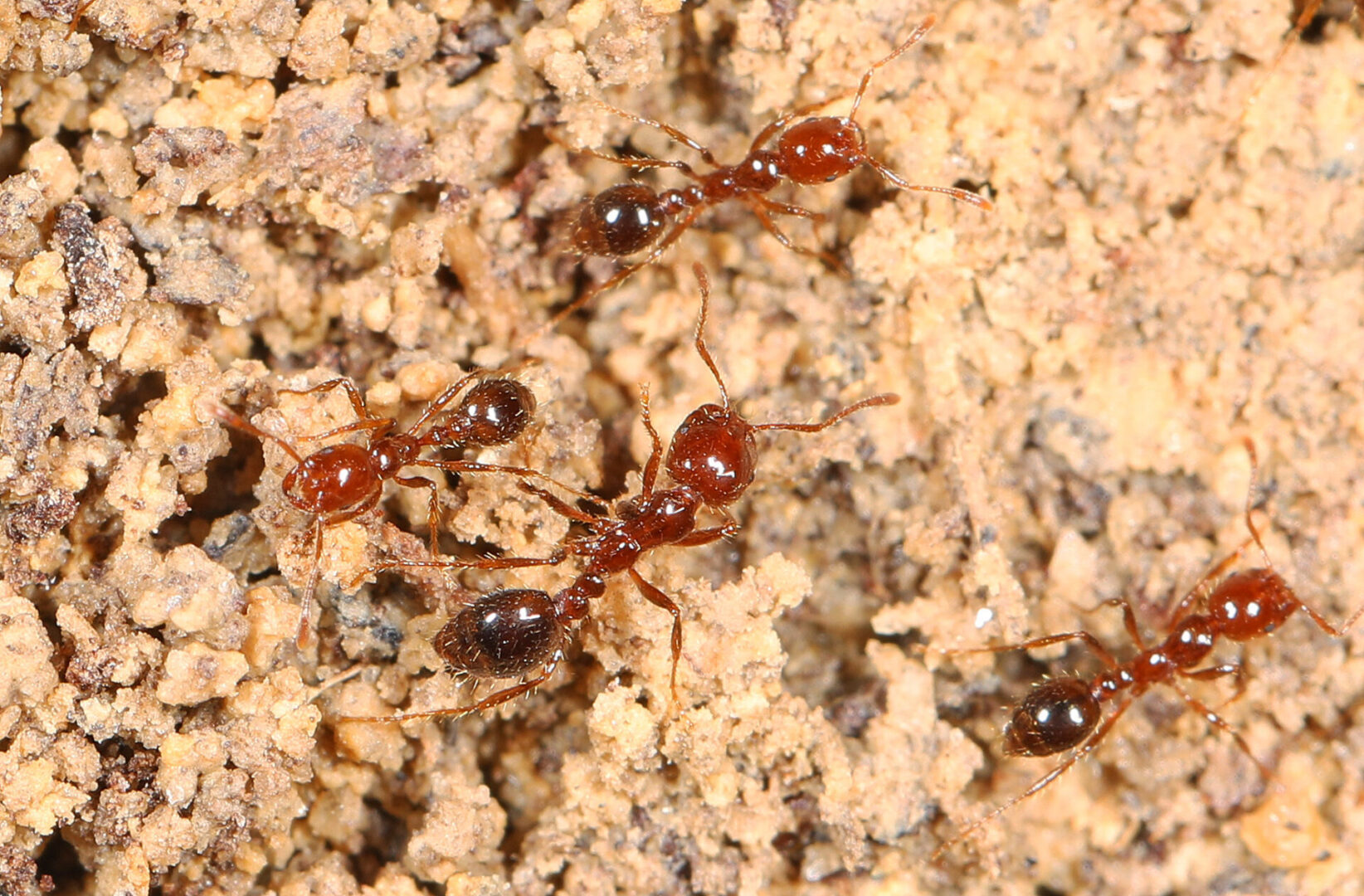Communing with Nature: Polk County Christmas Bird Count Delivers Mixed Results
Binoculars and maps, water, cameras, and phone apps were ready, as 14 Piney Wood Lakes Texas Master Naturalists (PWLTMN) in 7 teams braved 40-degree temperatures to conduct the 124th Audubon Christmas Bird Count (CBC) on December 16. The 15-mile circle of the Piney Wood Region covers a variety of ecosystems including dense forest, lakeside habitats, broad meadows and pastureland. Key birding sites within the area include Lake Livingston State Park and the Gazebo Nature Preserve @ Lake Livingston Dam.
Nearly 80,000 birders worldwide counted in the field and at feeders in last year’s CBC, the first post pandemic. Our local teams didn’t spot any rare birds this year, but winter residents such as American White pelicans and cormorants were seen in the thousands. Several of our annual migratory species usually arriving in December, like American gold finches and blue birds, were spotted in low numbers if at all. The PWLTMN teams logged a total of 53 bird species, a bit lower than the 2022 Polk County CBC’s 61 species. The extreme summer heat and drought most definitely upset the migration schedules.
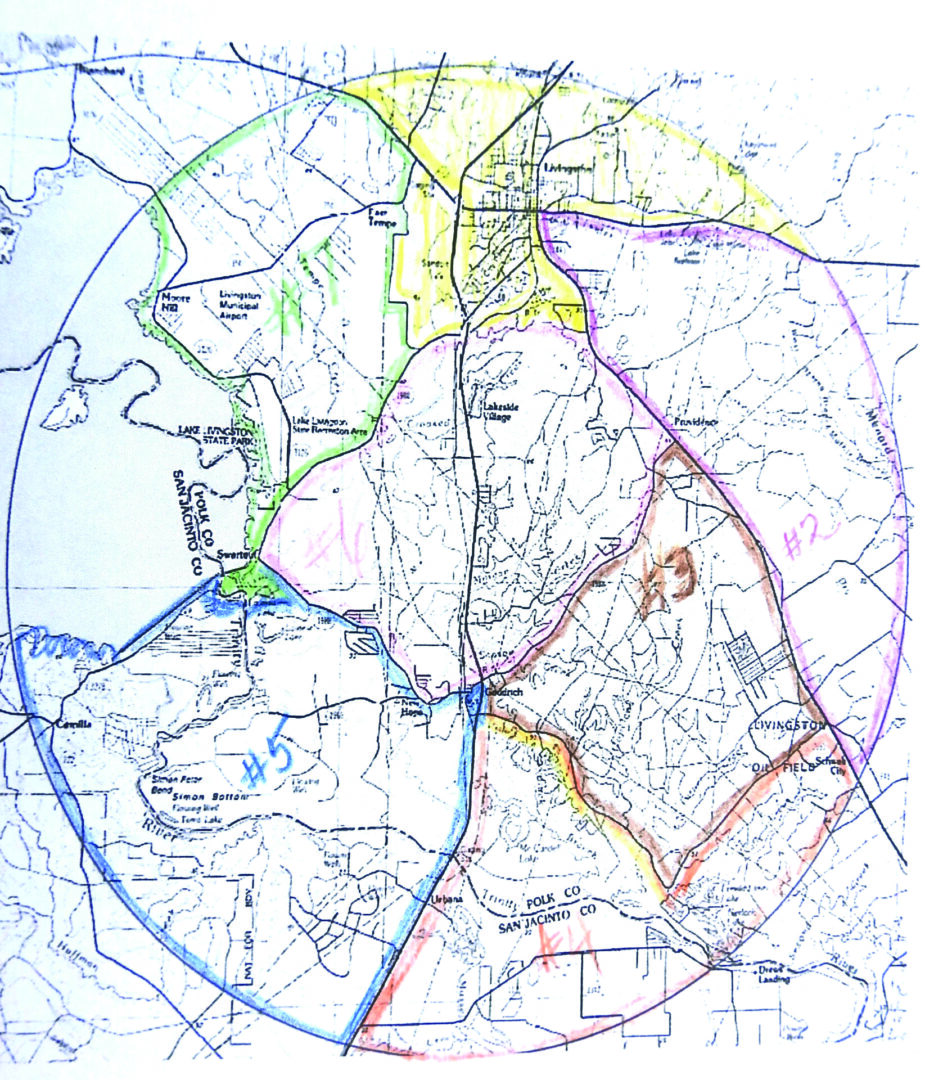
The Piney Wood Region CBC circle is 30 miles in circumference and contains the southeast corner of Lake Livingston, extending into southeastern San Jacinto County and encompasses much of eastern Polk County.
Now that we’re into January, American gold finches, Eastern blue bird are here in mass. One of our team members, James Frost, logged three new birds to our region’s list for this time of year: fish crows, Eurasian collared dove, and blue headed vireo.
The Piney Wood region sits low in a major migratory path, the Central Flyway of North America, bringing huge numbers of migrating birds north and south depending on the season. Lake Livingston is a popular winter habitat for American white pelicans, a variety of ducks, several varieties of gulls and terns, and the ever popular (or not) cormorants. We enjoy a plethora of wading birds like great blue herons, great and snowy egrets, ibises, and a growing number of roseate spoonbills are here year -round. Of course, summer brings the hummingbirds. Perennial favorites, including Carolina wrens, black-capped chickadees, a variety of woodpeckers and sapsuckers, and squawking blue jays were spotted by most of the PWLTMN bird counters.
We won’t have the full results for the 2023/24 CBC for a few months. This is the first count since before the pandemic to have a full complement of participants in the Piney Wood region, so we are eager to see whether bird count continued declines of the past few years continue or edged up again.
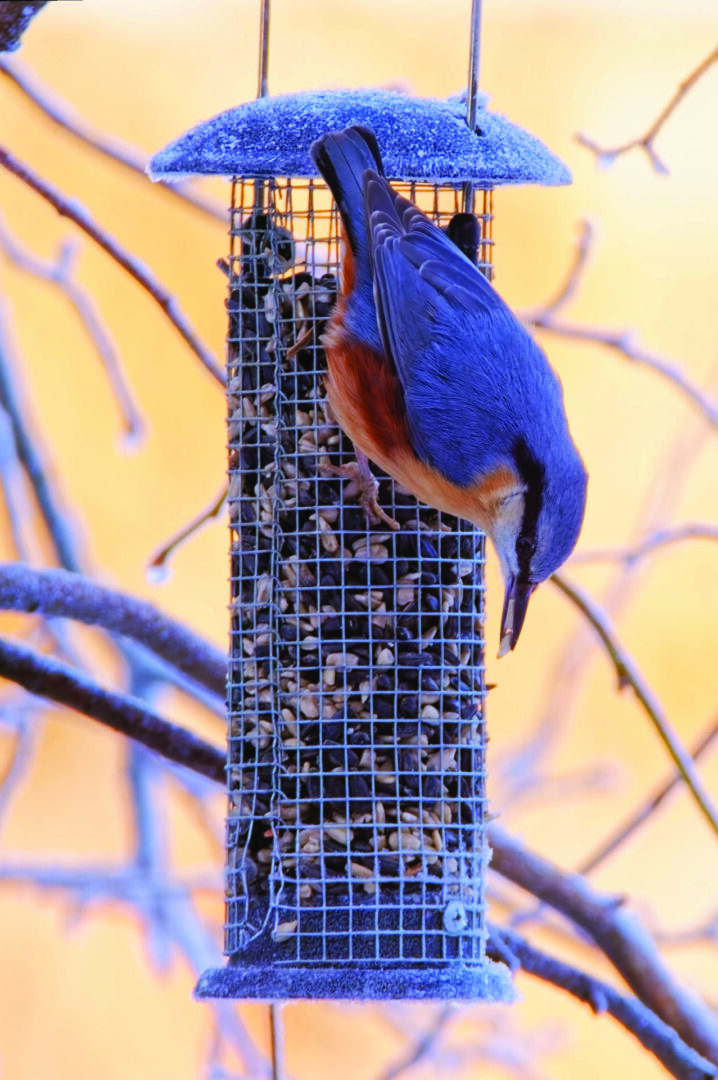
House sparrows are plentiful in the piney wood year-round. This one didn’t want to be seen, but we saw it hiding.
Loss of natural habitat and climate changes around the globe have reduced overall numbers, with many species near extinction, in the past 10 to 20 years.
History of the Audubon CBC
The CBC began on Christmas day in 1900 by 27 people in 25 locations across the North American continent. Audubon CBC data are used to measure how birds are responding to climate and habitat change. With two-thirds of North American bird species at increasing risk of extinction by the end of this century, Audubon’s CBC data is more important than ever for effective conservation.
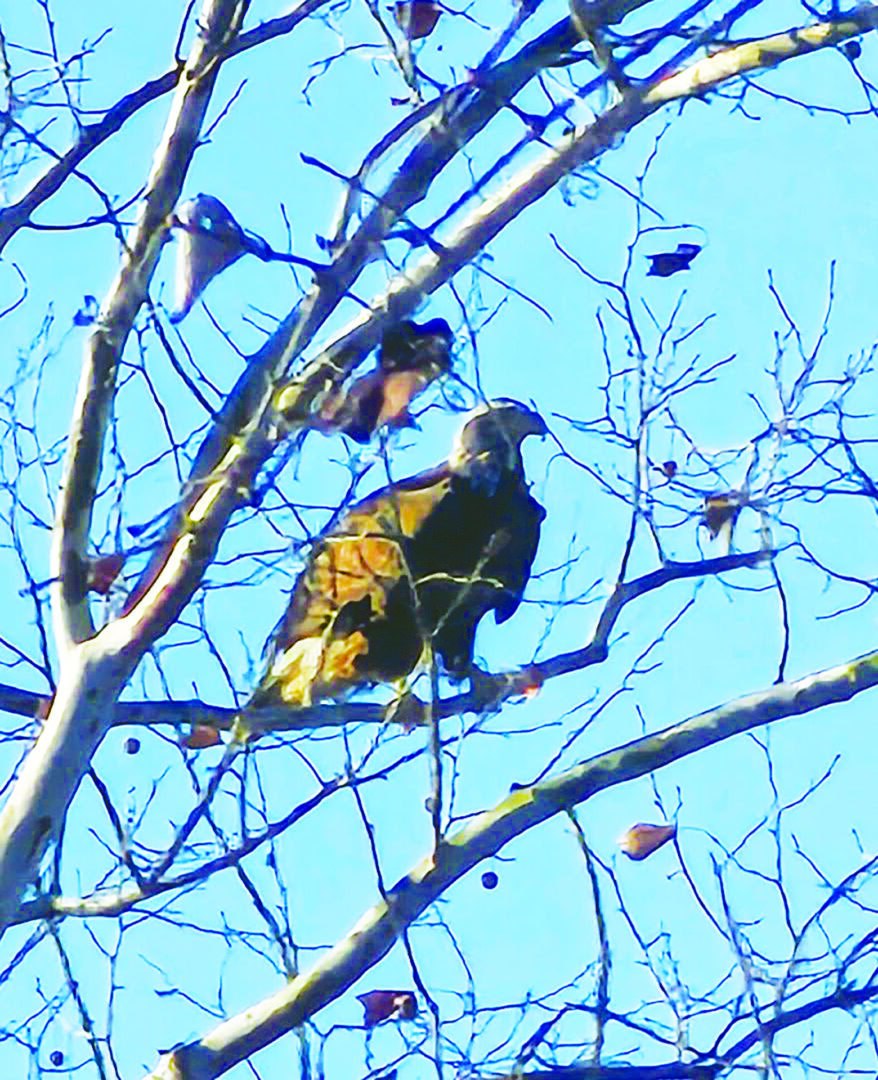
American eagles are not rare around Lake Livingston, so we weren’t too surprised to find one watching the action at the dam.
The Audubon CBC is a community science project organized by the National Audubon Society. There is no fee to participate. The Audubon CBC is open to birders at all skill levels and Audubon’s free Bird Guide app makes it even easier to learn more.
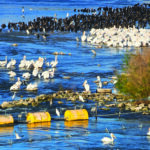
American white pelicans winter on Lake Livingston and roost just below the dam in large numbers, joining great blue herons, various cormorants, and egrets.
For more information and to find a count near you visit www.christmasbirdcount.org. Piney Wood Lakes Chapter of Texas Master Naturalist serves members across Polk, San Jacinto, Trinity, and Tyler Counties with volunteer opportunities, educational resources, and conservation projects. txmn.org/pineywoodlakes SJC Master Gardeners serves members in San Jacinto and Polk County. Life-long learners and trained volunteers, master gardeners give time, knowledge, and expertise to improve the quality of life for neighbors and visitors. txmg.org/sjmg.

